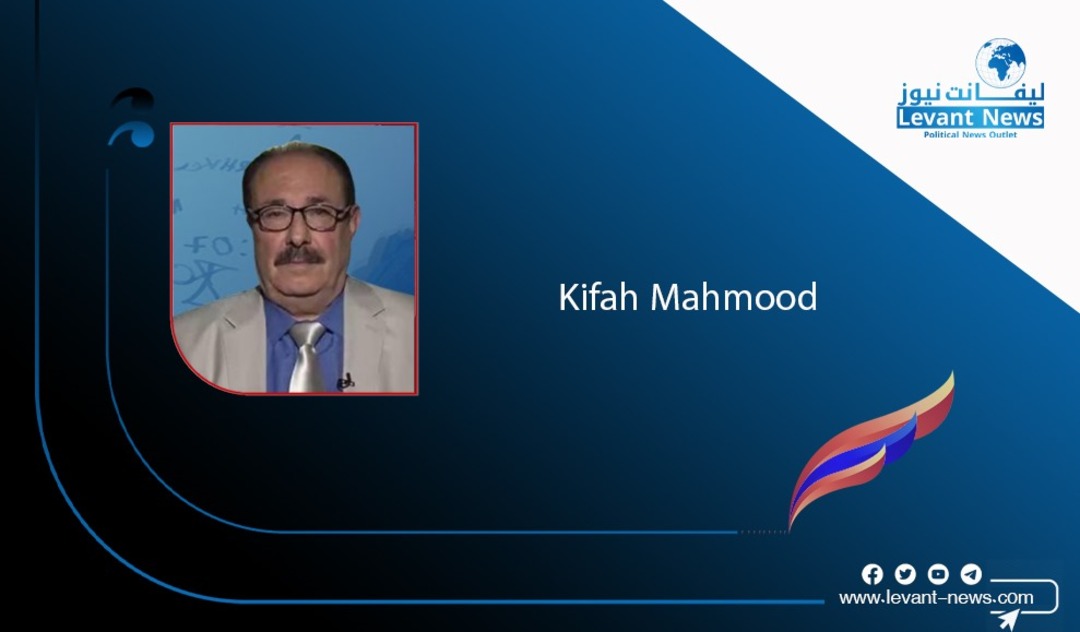-
Kurdistan Region… and the Making of Peace!

As polarization intensifies regarding security and identity issues in the Middle East, the Kurdistan Region of Iraq has become a key player in bridging the perspectives of historically conflicting parties. At the forefront are Turkey and the Kurdistan Workers’ Party (PKK), as well as Syria and the Syrian Democratic Forces (SDF). In this context, the leader Masoud Barzani stands out as an experienced mediator, benefiting from his historical legitimacy and complex ties with all involved parties.
We all remember that since the failure of the Turkish-Kurdish peace process in 2015, the conflict between Ankara and the PKK has reverted to violence, with repeated Turkish military operations along the northern borders of Kurdistan Region. However, recent escalation has been accompanied by indirect contacts mediated by the region, with reports indicating visits by Turkish officials to Erbil. These visits reflect Turkey’s desire to explore alternative options aside from field escalation, within security and political limits.
Kurdish leader Masoud Barzani, who has maintained good relations with Ankara since assuming the leadership of the region, is seen as an acceptable party among Turkish decision-makers. At the same time, within PKK circles, he is regarded as a historic Kurdish figure who does not directly oppose them, granting him a unique bargaining position—especially considering his role in an unofficial mediation in 2013 during the Turkish-Kurdish peace process at that time.
In the Syrian dossier, the name Mazloum Abdi has emerged as someone attempting to balance military and political realities. Amidst complicated relations with the Syrian regime and Turkish pressures, Abdi found in Kurdistan Region a reliable partner. Several reports have revealed important meetings conducted by Abdi in Erbil. Analytical studies—including one from the Carnegie Middle East Center—indicate that the region has played a role in bringing together Damascus and the Autonomous Administration, considering Erbil a relatively neutral environment for informal dialogue.
Barzani’s Strategic Perspective: Stability First
Barzani’s vision is not merely about neutralizing disagreements but involves restructuring the approach to the Kurdish issue outside military tools. He believes that regional stability benefits the Kurdish cause, which has suffered greatly from clashes with the capitals. He expressed this repeatedly, such as in his speech on the third anniversary of the independence referendum in 2020, when he emphasized that “dialogue with neighboring countries as partners in fate, not permanent foes.”
With this outlook, Barzani aims to maintain a delicate balance: preserving Kurdistan Region’s gains, avoiding complete cut-offs with Ankara and Damascus, and simultaneously respecting the Kurdish demands in Turkey and Syria. This complex formula could be one of the keys to de-escalating regional Kurdish issues.
In conclusion, Kurdistan Region, under Barzani’s leadership, is gradually transforming from a conflict zone into a middle-ground political platform. Should ongoing mediation efforts succeed, the regional landscape might be redrawn to give Kurds a proactive role within existing states, rather than remaining on the periphery or at the center of conflicts.
Kefah Mahmoud
You May Also Like
Popular Posts
Caricature
opinion
Report
ads
Newsletter
Subscribe to our mailing list to get the new updates!




















